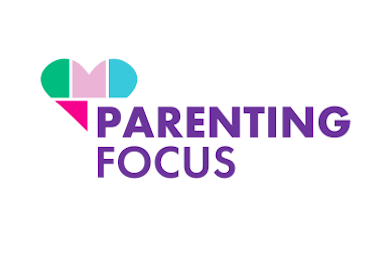Managing Emotions: Top Tips For Parents
Helping children to manage their emotions is important for the development of children’s self-regulation skills, resilience, sense of self, and in nurturing their mental health and wellbeing. Parents have an important role to play in supporting children to manage their emotions.
Talk about emotions
Help your child to understand different kinds of emotions by talking about what happens when we feel a certain way. Using flash face cards can be a useful way to further explore feelings by talking about the expressions and what these might mean in relation to feelings with younger children. When your child is expressing a particular emotion talk about why they are feeling that way.
Encourage empathy
Help your child to think about how others feel. Encouraging your child to recognise when someone is sad, worried, happy etc, will give them a better understanding of how to interact with them. It can also help them build more meaningful and beneficial relationships.
Validate their emotions
Allow your child to feel emotions. Let them know you understand how they are feeling. By acknowledging their emotions you are letting them know that it is natural to experience these feelings and it will encourage them to express themselves.
Lead by example
Children learn self-control and appropriate emotional expression by watching and experiencing how other people manage their emotions.
Be caring and show warmth
Being calm, warm and providing children with safety and security can help children manage their emotions. Children may need this particularly when they are feeling tired, hungry, sad, nervous, or frustrated. It will reduce the child’s feelings of stress, help them to be more open with you and feel more self-assured.
Identify causes and coping strategies
Talk to your child about what triggers certain emotions for them, then identify ways they could overcome those feelings and manage their responses, such as taking a deep breath or counting to 10.





















































































